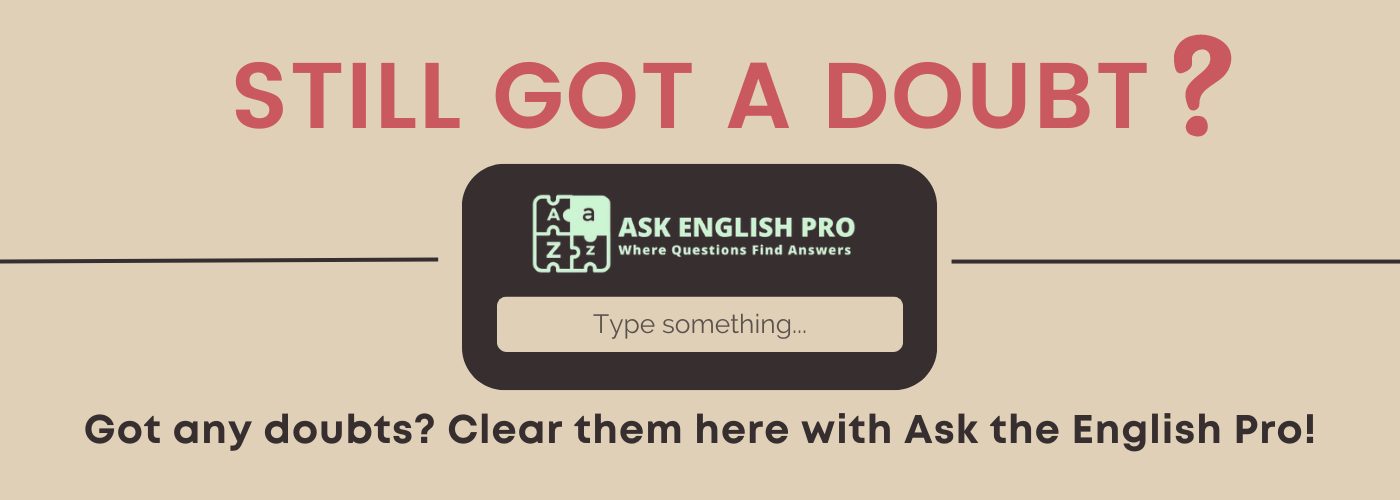Detailed Article for the Word “Ebbing”
What is Ebbing: Introduction
Imagine standing at the shore, watching as the water gradually retreats, revealing patterns of sand and shells left behind in its wake. This slow withdrawal of the tide is known as “ebbing.” Ebbing refers to the natural, cyclical movement of water receding after high tide. The word can also be used metaphorically to describe any gradual decline, whether it’s the waning of energy at the end of a long day or the fading enthusiasm for a once-favorite pastime. In a fast-paced world, where we are often urged to rush forward, “ebbing” reminds us that withdrawal and renewal are essential rhythms of life.
Origin and History of the Word Ebbing
The term “ebbing” originates from the Old English word “ebb,” which has roots in the Proto-Germanic “af-aban,” meaning “to flow away.” This word captures the natural retreat of the tide after it reaches its highest point. Throughout history, “ebb” has symbolized decline, loss, or diminishing in various cultural contexts. In the 16th and 17th centuries, the term took on figurative meanings, representing not just the literal retreat of water but any process of gradual reduction. Today, “ebbing” evokes both the natural rhythm of the sea and the gentle fading of any force, such as an ebbing career, energy, or even emotions.
Meaning and Definition of Ebbing
Ebbing (noun/verb):
- (Noun) The receding or backward flow of water after high tide
- (Verb) The process of gradually declining, diminishing, or withdrawing
- (Figurative) A gradual decrease in strength, quality, or quantity over time
How to Pronounce Ebbing
EB-ing
How to Remember Ebbing: Memory Tips
To remember “ebbing,” picture the tide flowing away from the shore, leaving the beach bare—a perfect image of something gradually disappearing. Think of “ebb” as the opposite of “flow”: while flow brings in, ebb takes away. You might also remember that “ebb” sounds like “edge,” signaling the edge of something that’s slowly pulling back, like the edge of water receding from the shore.
Ebbing in a Sentence: Examples and Usage
- Natural Phenomenon: The ebbing tide left behind pools of water filled with tiny marine creatures.
- Emotional: She could feel her excitement ebbing as the long day wore on.
- Economic: As the recession continued, confidence in the market was ebbing steadily.
- Environmental: The ebbing river revealed old riverbeds and rock formations that were normally submerged.
- Historical: The empire’s influence was ebbing, leaving behind remnants of its former glory.
- Personal: His enthusiasm for the project was ebbing after months of challenges.
Difficulty Level of Using Ebbing
Basic to Intermediate:
- Commonly understood in both literal and figurative contexts
- Often used in poetic or descriptive language
- May require clarification when used metaphorically
Modern Usage of Ebbing in Contemporary Context
While “ebbing” is primarily associated with tides, its metaphorical use has expanded to describe any form of gradual decline or reduction. In economics, “ebbing demand” might describe a market slowdown, while in mental health discussions, “ebbing energy” can refer to a gradual loss of motivation or enthusiasm. Additionally, environmental conservationists often reference ebbing ecosystems, describing the shrinking habitats and biodiversity due to climate change. In literature and popular media, “ebbing” frequently evokes a melancholic tone, conveying themes of loss or fading hope. The concept of ebbing resonates with the cycles of life, offering a poignant metaphor for the natural and emotional rhythms that shape human experience.



















